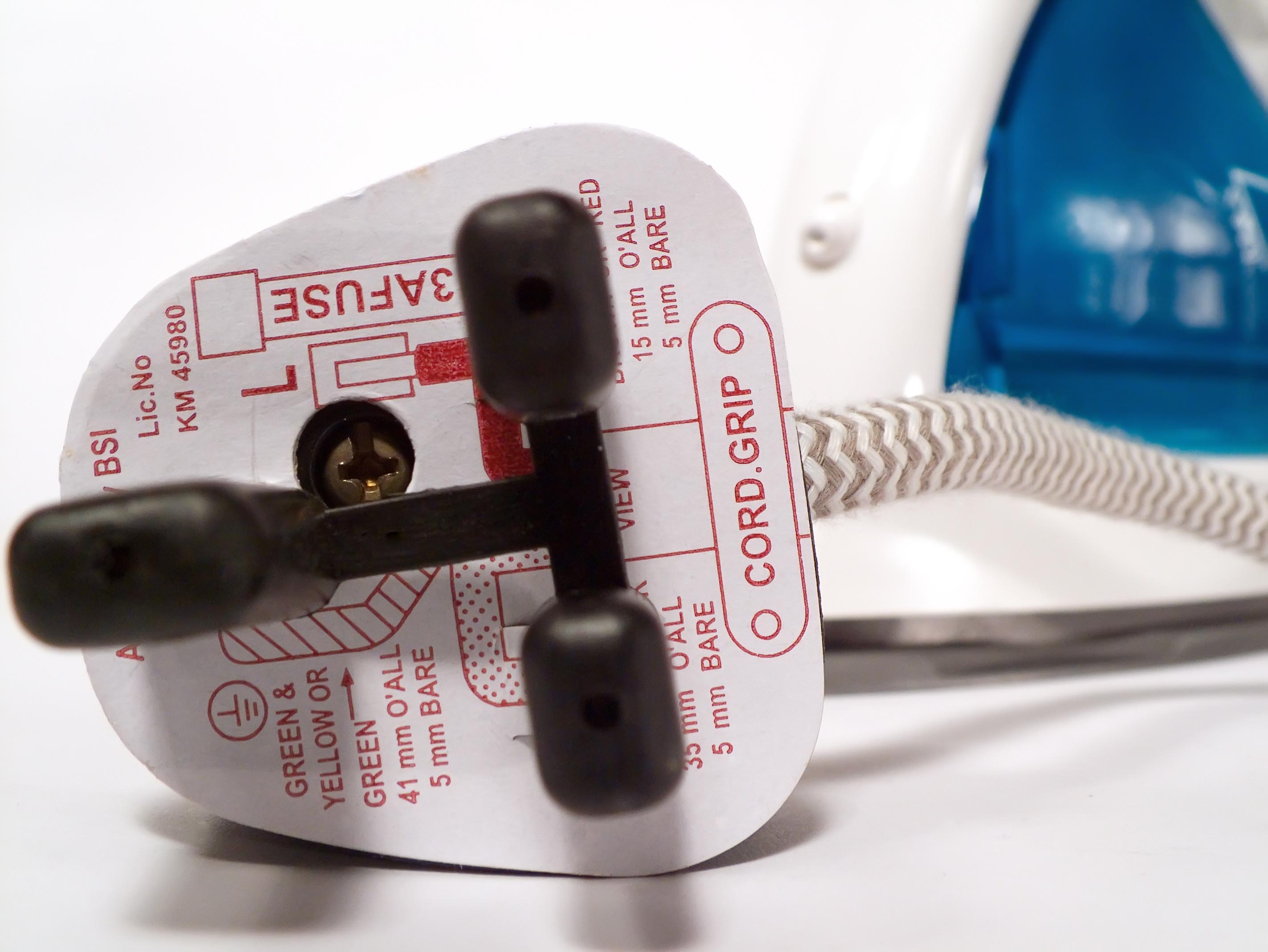Buy To Let
New safety laws could see landlords fined £30,000

Landlords have just weeks to comply with new safety laws that will better protect millions of renters.
From 1 April 2021 new laws come into force for all existing tenancies in England which force private landlords to provide documentation that their property is electrically safe.
Landlords have had to provide this documentation for new tenancies since 1 June 2020.
The new laws, championed by Electrical Safety First, will require landlords of privately rented properties to have an inspection of the electrical installations undertaken every five years.
The ‘electrical installation condition report’ (EICR) will highlight any work needed to ensure the property is safe.
An EICR will cost a landlord about £150 to £300, depending on the size and location of the property.
A ‘satisfactory’ EICR will mean a repeat inspection won’t be necessary for another five years unless otherwise specified on the report. The EICR should be completed by a person competent in inspection and testing, such as a registered electrician. Landlords must supply new tenants with a copy of the current EICR at the start of their tenancies.
Although there are still restrictions in place due to Covid-19, these electrical checks are legally allowed to go ahead. However, if tenants are shielding or refuse access, this could lead to a delay in accessing the property, in which case the landlord should keep the correspondence to show that they have attempted to comply.
Local authorities will be responsible for enforcing the new regulations. Landlords that fail to comply or have necessary repairs undertaken could face fines of up to £30,000.
The law comes 13 years after the death of Thirza Whittall in 2008. She was electrocuted whilst stepping into her bath due to an unidentified electrical fault. An inquest heard the property had not been checked since 1981.
Another death, this time in 2019, occurred when Professor John Alliston was electrocuted by a cable that had become live due to a fault. The coroner later called for mandatory electrical safety checks in rented homes.
Electrical Safety first believes the new laws will prevent future tragedies occurring and help to improve the condition of England’s housing stock.
Lesley Rudd, chief executive of Electrical Safety First, said: “Renters will be better protected from the dangers posed by electricity under these new laws. Whilst many good landlords already carry out checks, some do not. These checks will help prevent tragedies like those involving John Alliston and Thirza Whittall from happening to others.”